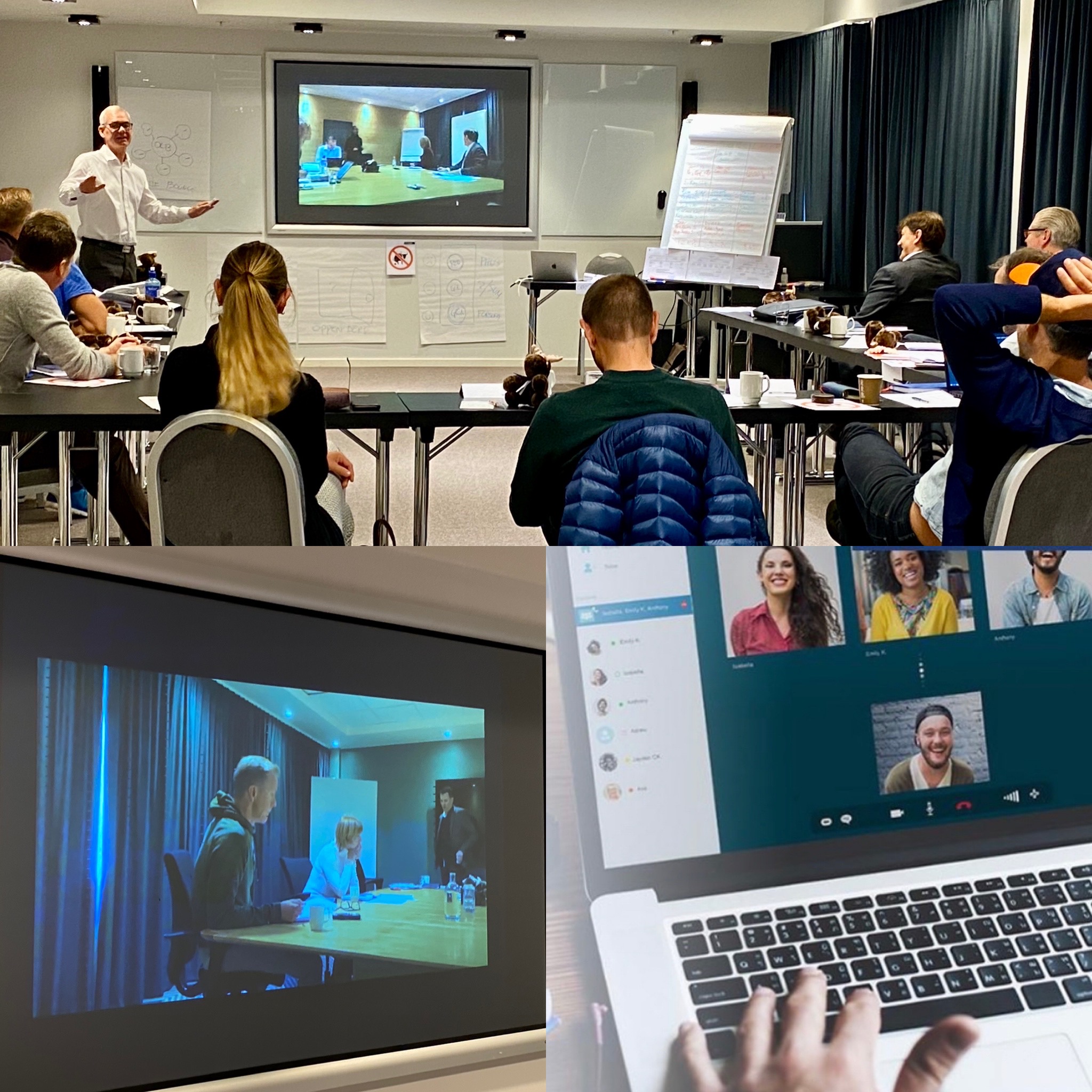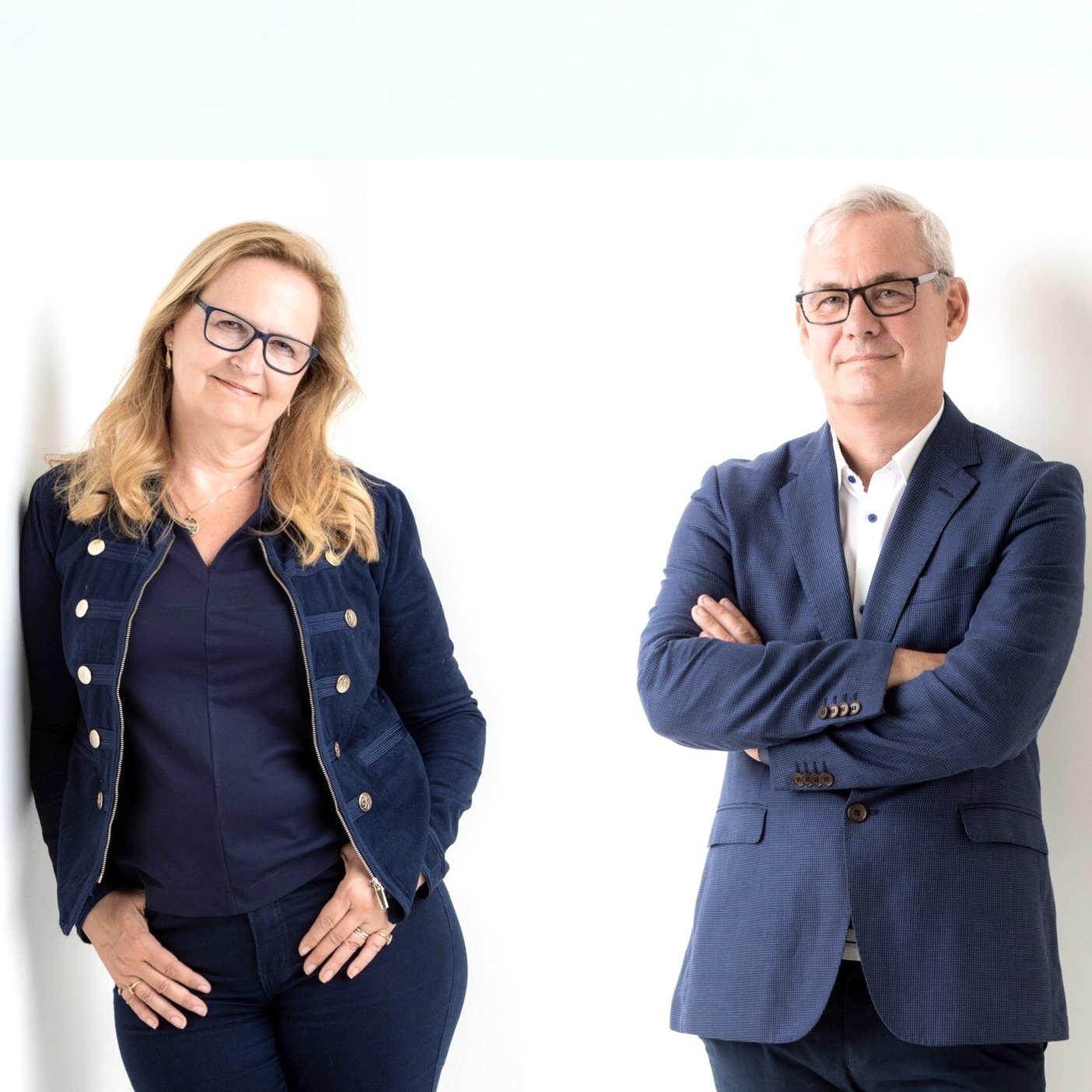Have you ever tried out a simulator, not only on a computer with a joystick or a mouse, but physically sitting in one, flying or driving a plane or a vehicle?
I have actually tried a lot of them over the years, even tried sitting in a pilot flight simulator for the seventeenths to more modern once like driving a race car.
I have also been a game master when you played D&D and other more complicated games with rulebooks with enough rules to take a bachelor's degree.
For the last 10 years I've been working as a facilitator, coach and tutor running a variety of different courses and training programs for different organizations.
Common with all of them are that whatever the method, whatever the rules or structure it has, it always comes down to one variable that you cannot control.
Whenever you put a person into a situation it will always have consequences due to who they are and what situation you put them in.

The different experience, age and attitude in different people will always trigger different responses between them, for better and worse.
One common attitude is that most people find it fun to try out a simulator, in essence, they like to train, but not always to be taught.
Over the years I have also met a lot of overachievers who are absolutely brilliant in what they do, but they cannot teach others how they do it.
In some cases it's more about that they do what they do without considering what they do, it just happens, so it's difficult for them to backtrack why it happened and what happened.
Most "just do it" and do it on the fly, while others are more cautious and prepare and structure as much as they can before "doing it".
I still occasionally run in to people who say there is nothing more they need to learn, or they already know what needs to be known for different reasons.
It's usually an attitude more common among young people, but you can find it in all ages, groups and genders.
Another attitude is that it's all about winning or convincing your opponent by arguing, an attitude that changed how sourcing is conducting business nowadays.
I still run into people that when they explain and I don't agree, they argue even more to the extent that you either get bored of the discussion or you get irritated that they don't give up.
No wonder some businesses start to exclude any form of dialogue and force everything down to either a tender or an excel file that has to be filled in by the opponent.
I still get the odd call from sellers who give me a couple of questions that all of them are structured in such a way I am supposed to say yes and then they give me two options to choose between, rounded off with a question asking which one I am going to choose.
It's so predictable and non-customized in its approach that I am stunned they keep on doing it, if your business structure is based on cornering your clients then you really need to learn or relearn your skills in order to have a sustainable business modell.
So the next time we hear someone say, "There is no-one who knows more about "xx" than I do", think again, is that really how we would like to come across as, in our clients eyes, or are we ready to retrain our skills or not?
If I may challenge you even more, if your business solely relies on a "Pricing Board " rather than a "Business board" then you are stuck in an old model that is not sustainable in the long run, if you compare yourself with other companies globally.
Unusual times and old business models need to be questioned from times to times, I myself is constantly learning new skills and things from different clients and customers from all over the world.
Maybe that's why they keep coming back for more training and for our experiences from around the world, times are changing, better change with it.
Christopher Bell Blomquist
Managing director Scotwork Sweden
BellBlomquist Consulting.
www.scotwork.se

